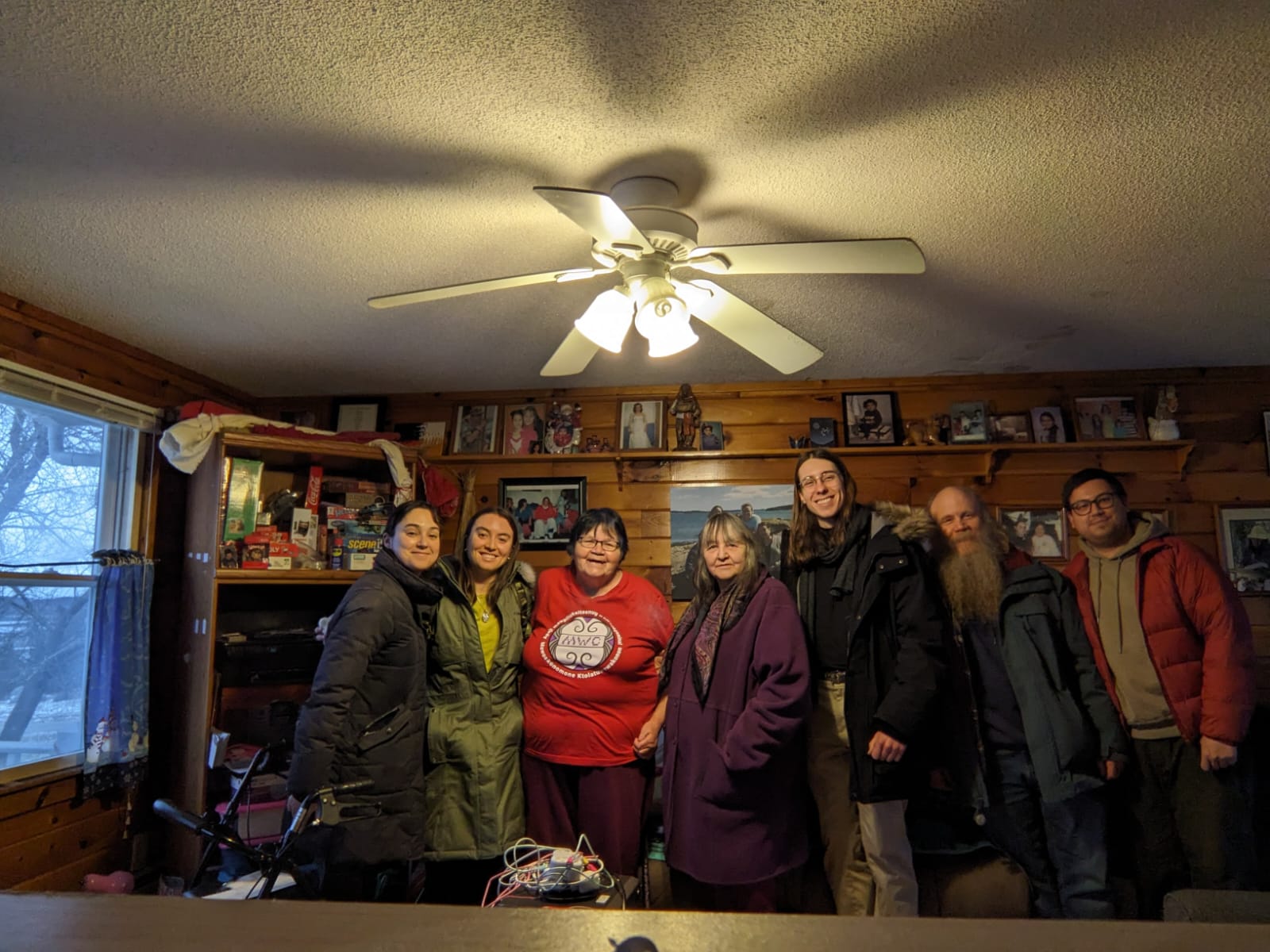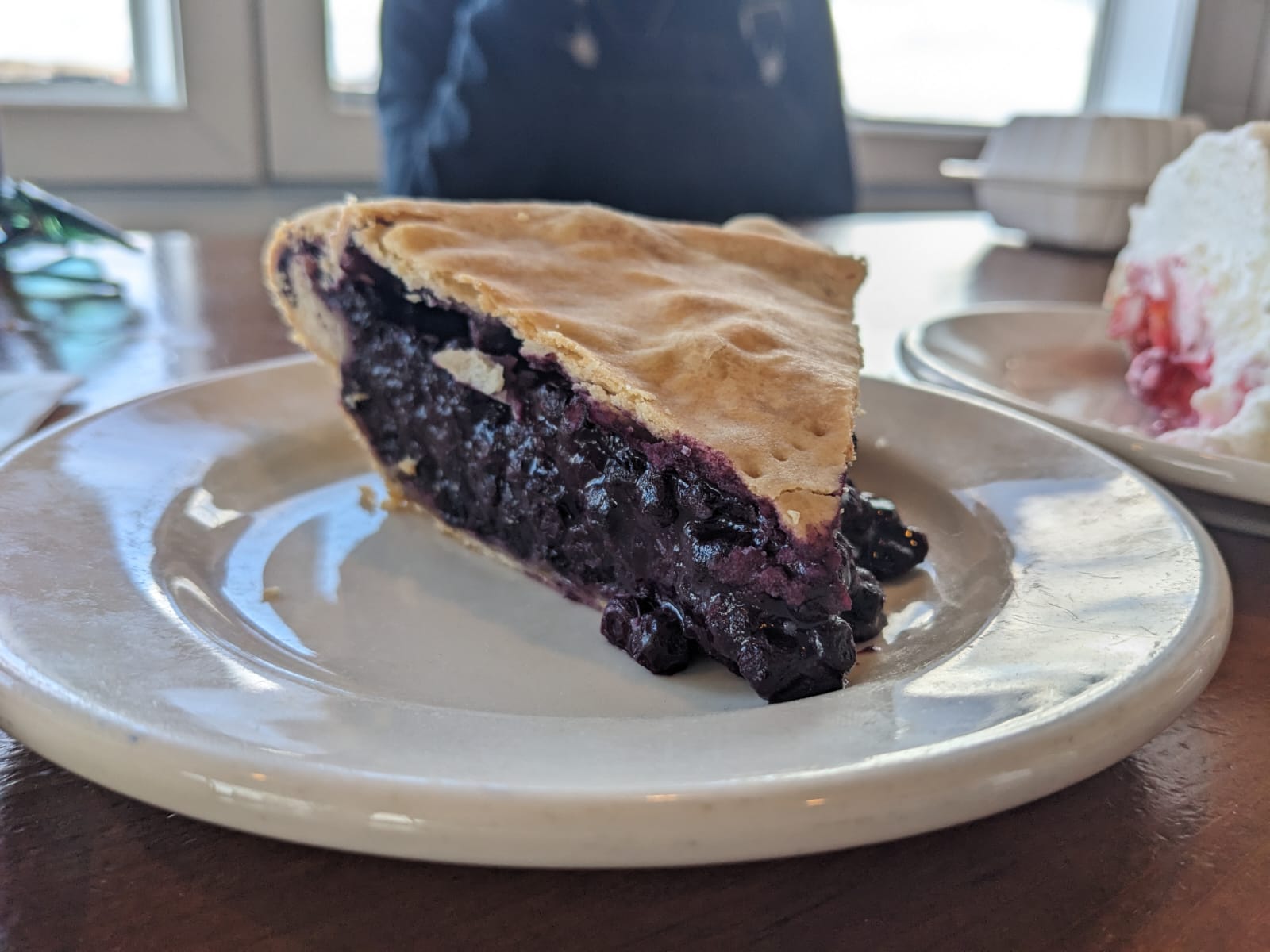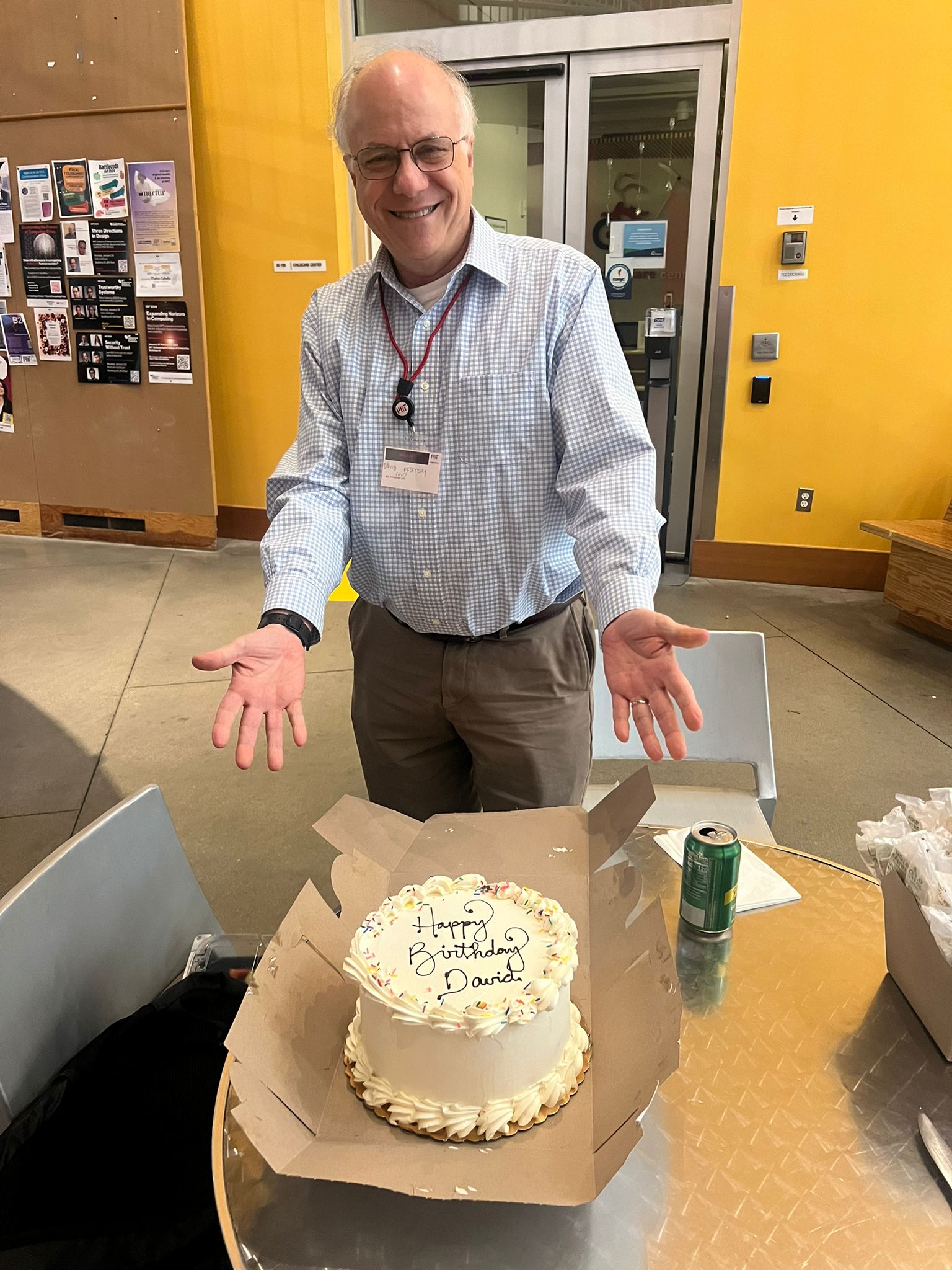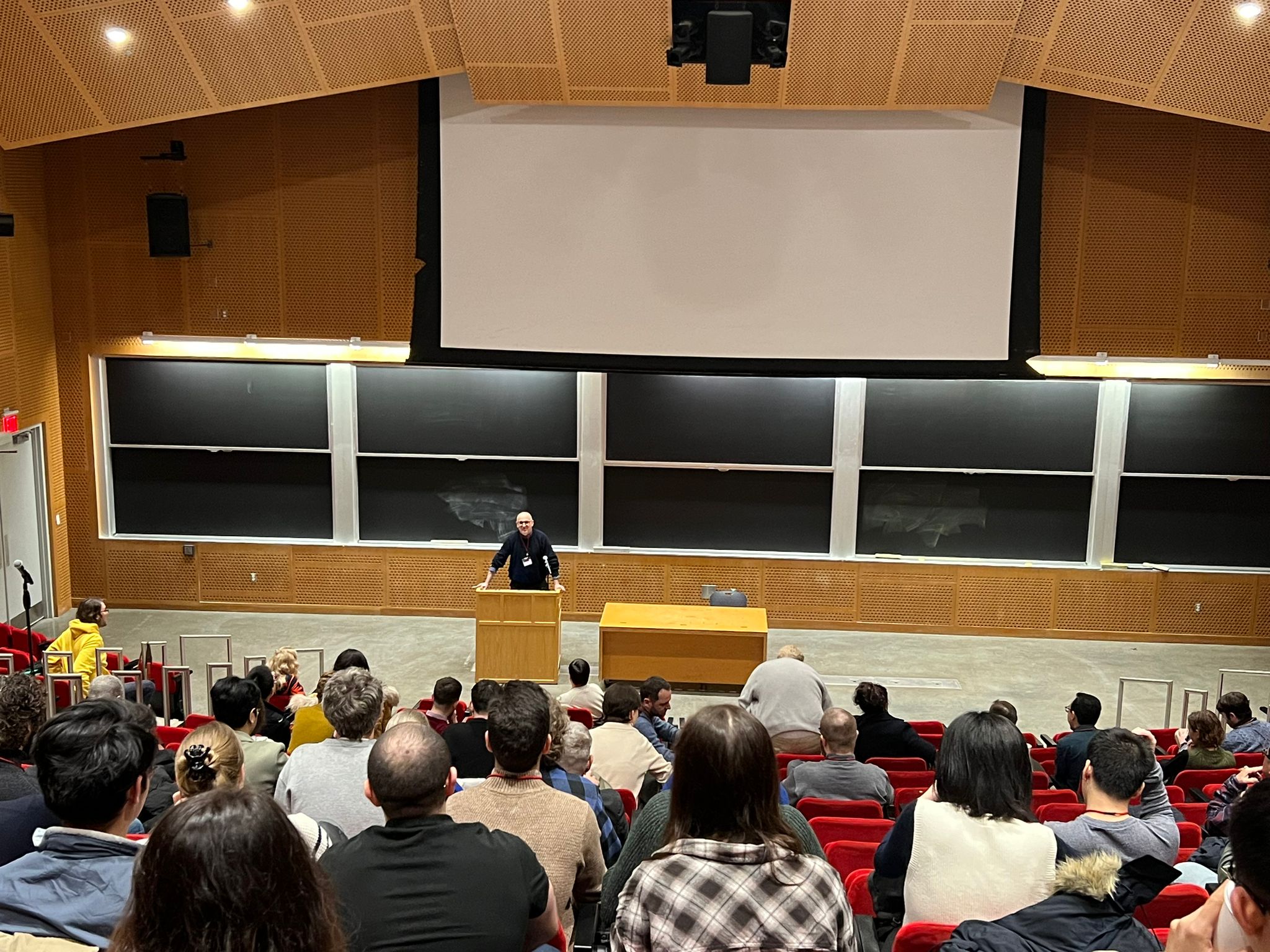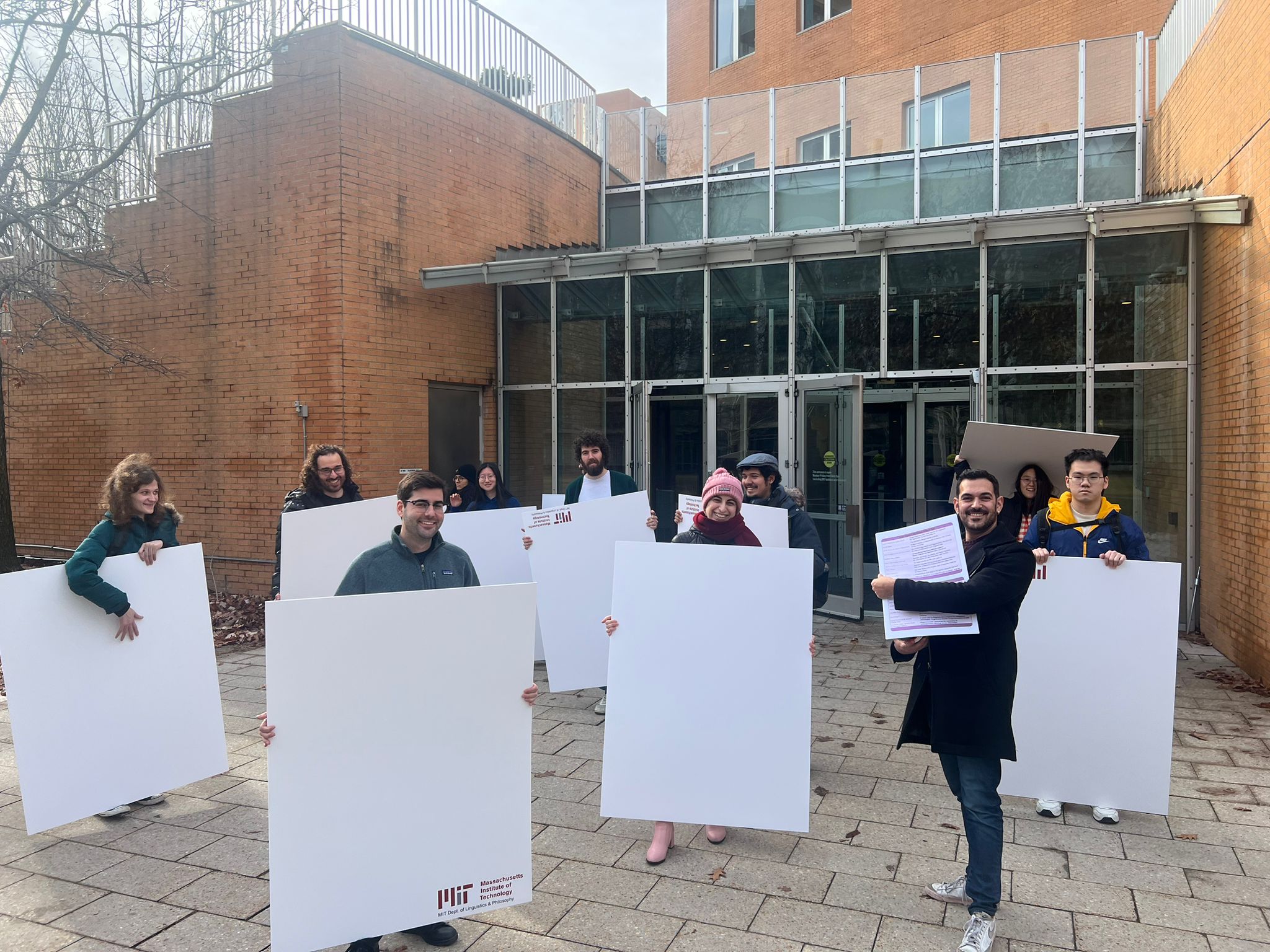Welcome back everybody from winter break, whether it was restful or productive! Here is a round-up of what people have been up to:
- The 100th LSA meeting was held in NYC January 4-7!
- Anton Kukhto, along with Alexander Piperski (Stockholm University, Sweden), gave a talk Stress clash avoidance in Russian comparatives: A corpus study.
- Megan Gotowski and Forrest Davis gave a talk titled What Language Models Can Tell Us About Learning Adjectives.
- Keely New gave a talk titled Voice and the variable position of auxiliaries in colloquial Jakartan Indonesian.
- Agnes Bi gave a talk titled Tonal identification in whispered speech.
- Omri Doron and Jad Wedbe gave a poster titled Scalar implicatures are sensitive to constraints on presupposition accommodation.
- Dora Takacs was a panelist at the panel Securing an internship, contract work and part-time jobs during your degree program: A practical guide for linguistics students & faculty advisors. The panel was organized by the LSA Linguistics Beyond Academia Special Interest Group.
- Maya Honda was a speaker at the Session Collaborative Efforts in Linguistics: Partnerships Between and Among Secondary and Higher Education Institutions.
- Johanna Alstott gave a talk titled A first semantics for at first and at last.
- Chelsea Tang, along with Sansan C Hien (University of California, Berkeley), gave a poster titled STAMP morphs in Lobi: Morphological and Typological Implications.
- Katie Martin gave a poster titled A stereotype-based semantics for slurs.
- Suzanne Flynn, along with Chie Nakamura (Waseda University) and Katsuo Tamaoka (Nagoya University), gave a poster titled L1 vs. L2: Persistence of processing cost due to differences in relative clause configuration.
- Christopher Legerme gave a poster titled Why Haitian Creole ye-tracing is non-verbal predicate resumption.
- Lorenzo Pinton and Janek Guerrini gave a poster titled Numerous-like predicates in bare plural generics.
- Jon Rawski organized a Special Session with Scott Nelson and Jeff Heinz (Stony Brook), titled Formal Language Theory in Morphology and Phonology.
- Jon Rawski gave two invited colloquium talks in Paris! They were: Learning (Sub)Regular Transformations at the Automata Seminar, Institut de Recherche en Informatique Fondamentale (IRIF), and Abductive Inference of Phonotactic Constraints at the Ateliers de Phonologie, CNRS.
- Jon Rawski and co-authors had their article The Problem-Ladenness of Theory accepted in the journal Computational Brain and Behavior! Congratulations.
- Eunsun Jou had her article Honorification as Agree in Korean and beyond published in Glossa! Congratulations!
- Hadas Kotek begins a 3-year term as LSA Executive Committee member-at-large.
- NELS54 was a great success, held January 26-27 at Stata. Many thanks to the organizers (Keely, Agnes, Giovanni, Zhouyi, Stan, Athulya, David), student helpers, and especially the staff, who made all of it possible! Pictures below. Discerning readers will also see that we had David Pesetsky’s birthday. Presentations were given by:
- Jad Wedbe, Covert reciprocals (talk)
- Johanna Alstott, Before and after decomposing first and last (talk)
- Yeong-Joon Kim, Phonetic faithfulness in counterfeeding opacity (talk)
- Peter Grishin & Anton Kukhto, Infixing Outward (poster)
- Adèle Hénot-Mortier , The French demonstrative paradigm: structurally transparent but semantically intricate (poster)
- Haoming Li, Dou and plural universal quantification in Mandarin Chinese (poster)
- Norvin Richards, Peter Grishin, Elise Newman, Cora Leasure, and Cooper Roberts embarked on a Passamaquoddy trip to Maine! Pictures below.
